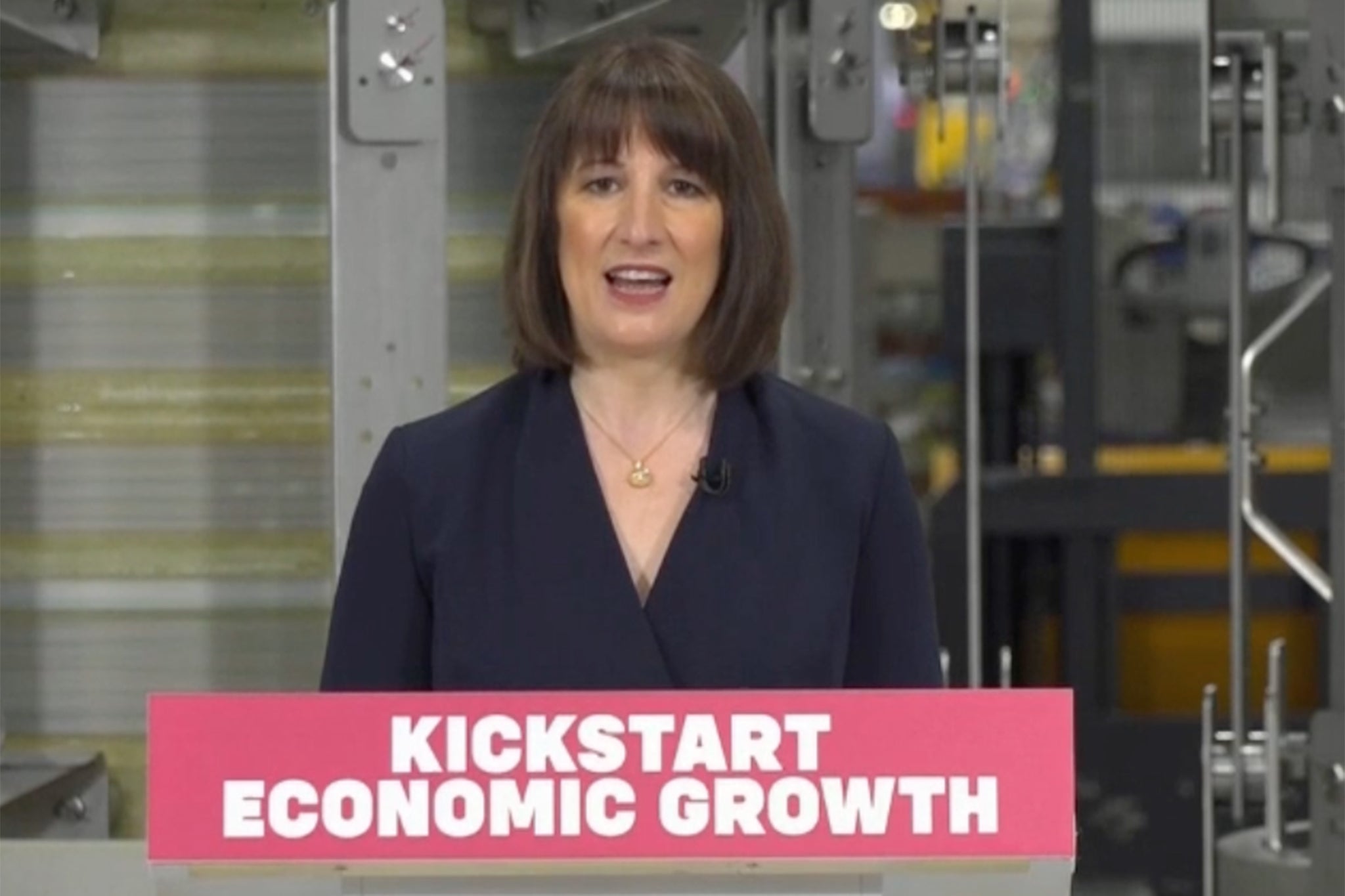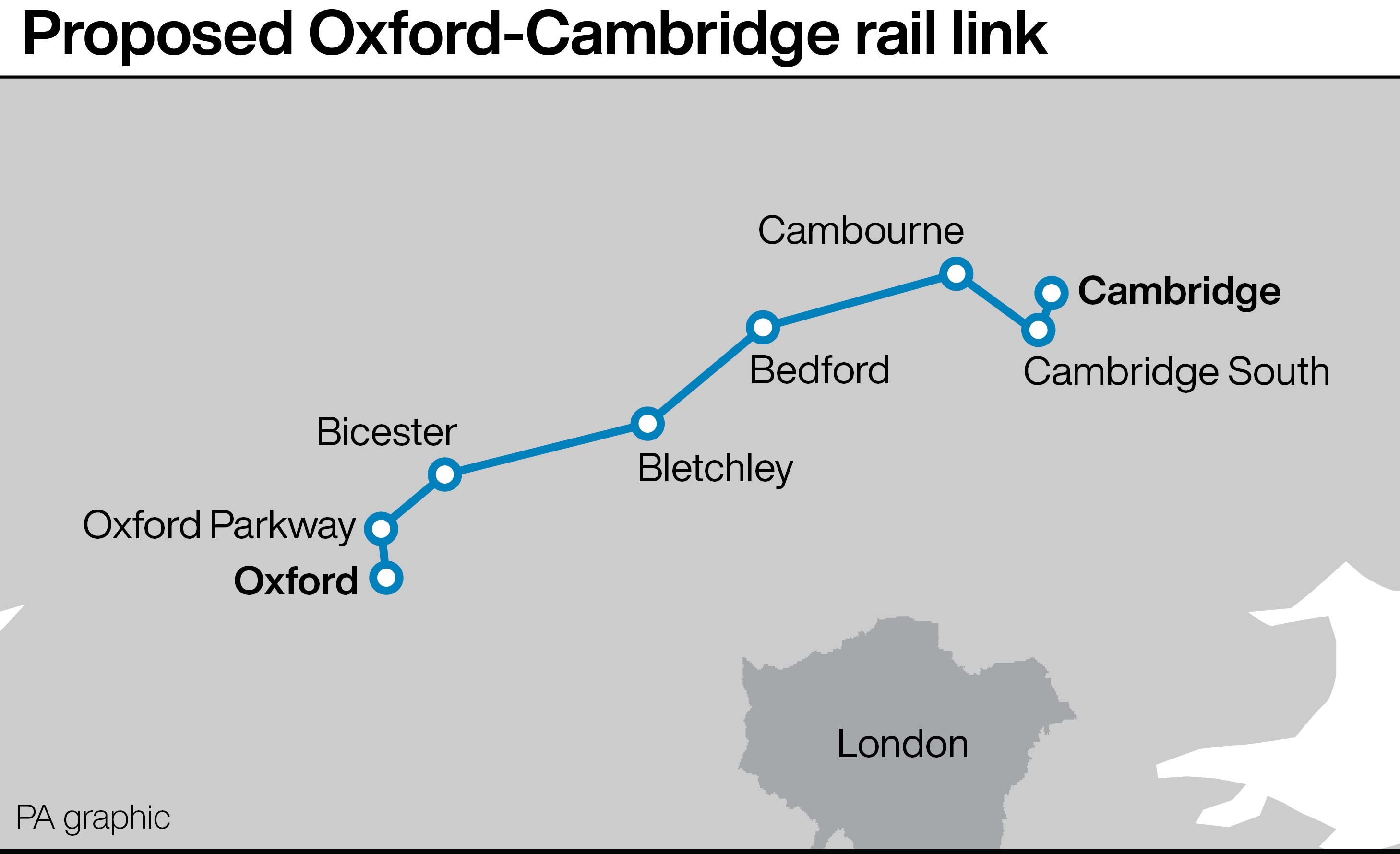Rachel Reeves backs East West Rail scheme despite fears for bats and newts
East West Rail project could be catastrophic for barbastelle bats, Cambridgeshire County Council warns

A rail route backed by chancellor Rachel Reeves – who played down consideration of bats and newts in development – has been fraught with fears it will wipe out bats and their habitats.
Cambridgeshire County Council this month warned of a potentially catastrophic effect on barbastelle bats of the East West Rail project, a new rail link between Oxford and Cambridge.
The scheme could be "unacceptable" and have a "catastrophic” impact on their population, including "in the worst-case scenario, loss of the maternity roost", the council said.

In her speech announcing a raft of plans to boost growth, the chancellor included funding for support for the rail link, insisting she was prepared to "fight" for new infrastructure, housing and commercial projects.
This included tearing up regulations that hamper building projects to protect nature.
She said the government was enabling developers to "focus on getting things built and stop worrying over the bats and the newts".
Designers of the rail project say they have already gone out of their way to rehome bats, creating a bespoke “bat house” for seven species, to replace the old Swanbourne Station building.
The government says the new line will boost the Oxford-Cambridge economy by £6.7 billion a year by 2050.
The rail journey between the two cities is expected to take 90 minutes – an hour faster than by car.
In a draft response to a consultation on the scheme, Cambridgeshire County Council said it backed the employment, new housing and better transport links but worried that the development would cause losses to wildlife sites, habitat and species in Wimpole and Eversden Woods.

Richard Benwell, CEO of Wildlife and Countryside Link, accused the chancellor of trying to pit nature and development against one another.
“It is utterly wrong to describe nature-lovers as ‘blockers’,” he said.
"HS2 had 10 years to work out what to do about rare bats, but it delayed and dithered and made costly mistakes. These errors will only be repeated if a blinkered focus on growth ignores the opportunities to create a better system.”
He added: “The best way to stop people worrying about chalk streams, dormice, wildflower meadows and - yes - bats isn't to deregulate. It's to restore nature now.”
Five years ago, Boris Johnson as prime minister claimed that “newt-counting” was holding back house-building.
But environmental experts said there was no evidence of that happening.
"The PM's speech was pure fiction," Craig Bennett, head of the Wildlife Trusts, told the BBC at the time.
Join our commenting forum
Join thought-provoking conversations, follow other Independent readers and see their replies
Comments
Bookmark popover
Removed from bookmarks